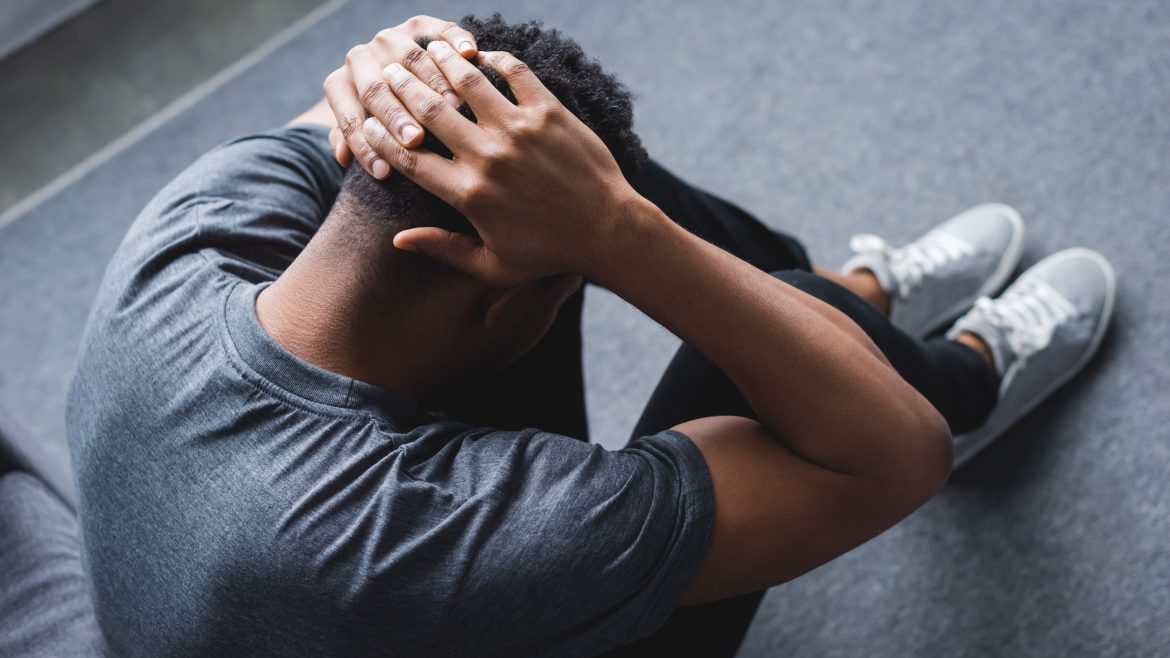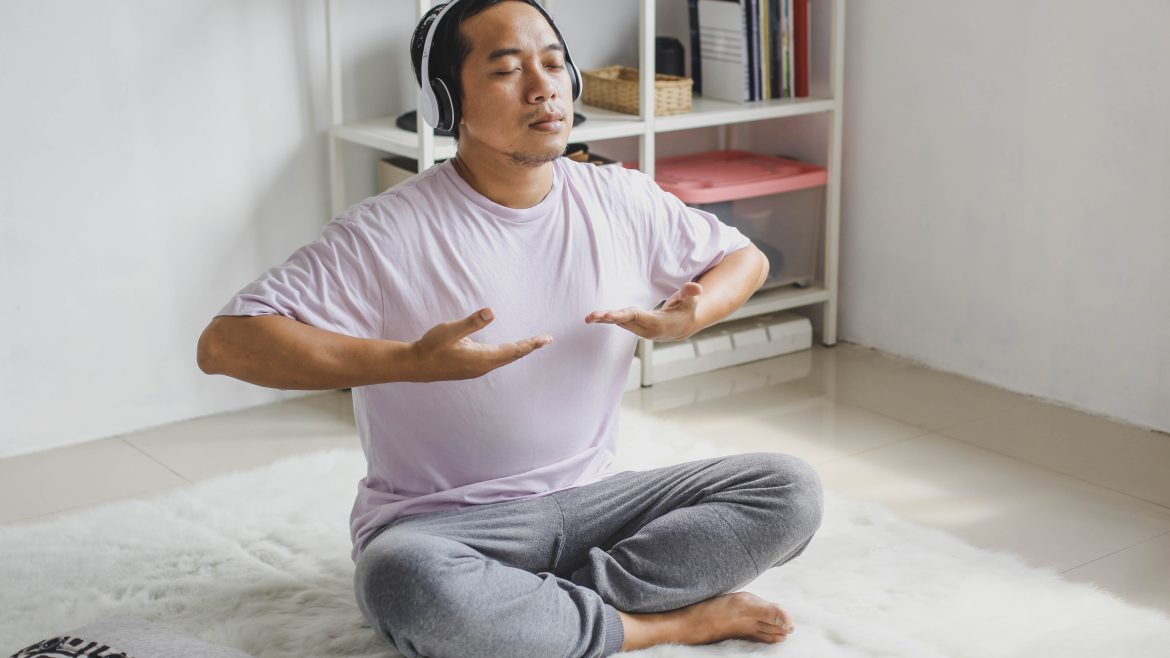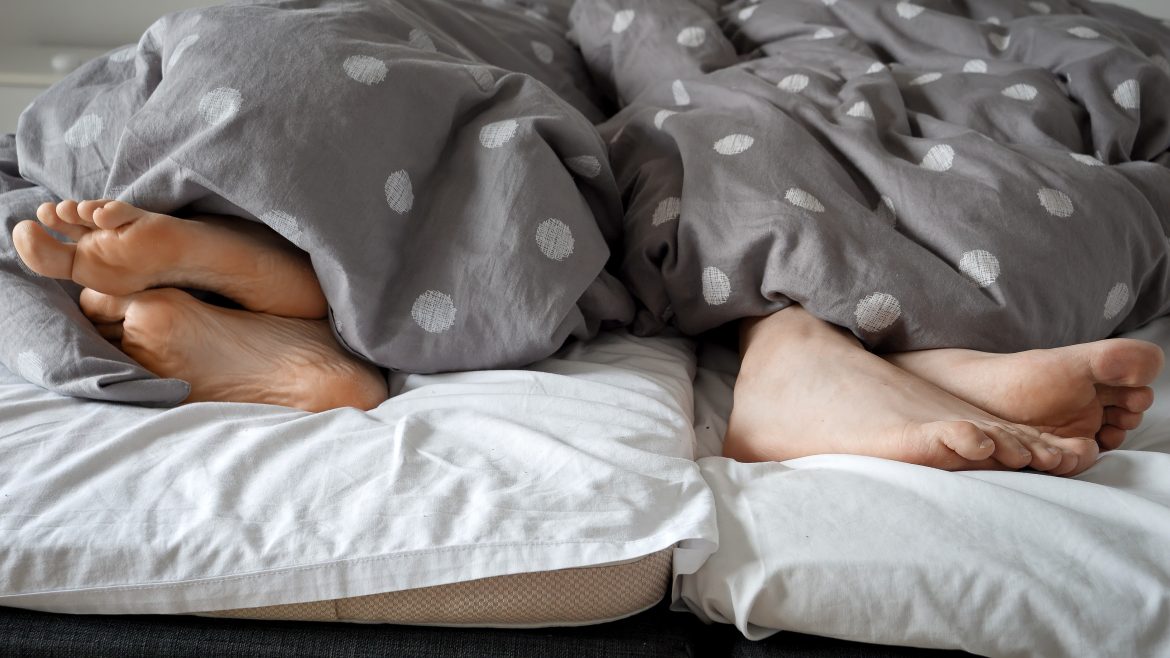Anxiety encompasses a range of mental health conditions characterized by excessive worry, fear, and apprehension. These feelings often lead to physical symptoms such as increased heart rate, sweating, and feelings of restlessness. For many, anxiety can significantly hinder daily functioning, affecting personal, social, and professional life. At its core, anxiety is a normal reaction to stress, serving as a warning system for potential threats. However, when these feelings become overwhelming and persistent, they may evolve…
read moreCognitive Behavioral Therapy (CBT) is a widely acknowledged psychological treatment that has proven effective in managing various mental health conditions, including panic attacks. Panic attacks are sudden, intense surges of fear or discomfort that can feel overwhelming and debilitating. They are often accompanied by physical symptoms such as palpitations, sweating, trembling, or shortness of breath, which can contribute to the distress experienced during an episode. At Long Island Counseling Services, our therapists often choose to…
read morePanic attacks are caused by anxiety. But they are often so distressing and so physical, that they frequently have symptoms similar to heart attacks or major health events. Many individuals that have never experienced panic attacks before end up seeing a doctor or even end up at the hospital, worrying that something is wrong with their heart, head, or lungs. We know that panic attacks are very physical events. It is because they are so…
read moreMany of us have trouble sleeping. It is becoming, for better or worse, a common part of living in today’s high stress society. One could even argue that it is more common here in New York, because we have a culture of living a more intense and grinding lifestyle than they have in other parts of the world. Insomnia does not have a single cause. It is multifaceted. Some people are genuinely more prone to…
read moreGood sleep is more than just a means of recharging the body’s physical energy. It is an essential component of mental well-being. Often, the significance of sleep for mental health is overshadowed by discussions about genetics, traumas, and even diet and exercise. Yet, sleep plays an equally crucial role in our psychological health, impacting everything from stress levels to cognitive performance. The Critical Role of Sleep in Mental Health Research indicates that sleep and mental…
read moreLong Island Counseling Services Offers Therapy for Premature Ejaculation and Other Sexual Dysfunctions – Offices in East Meadow and Melville, NY Sexual health and well-being are integral to an individual’s overall quality of life. Sexual dysfunctions, such as premature ejaculation, can disrupt emotional connections and lead to feelings of inadequacy, stress, or depression. At Long Island Counseling Services, our team of professional therapists is dedicated to helping individuals address and overcome the challenges associated with…
read moreSleep is medically important. It is how your body repair your DNA. It improves glucose metabolism. It helps regulate blood pressure. If you’re not sleeping enough, it’s hurting your body. Sleep also plays a substantial role in psychological health. It plays a role in emotional response and regulation. It strengthens the part of the brain responsible for problem solving and decision making. It contributes to stress reduction and resilience. Individuals that do not get enough…
read morePhobias are intense fears of a very specific “stimuli.” For example, a person might intensely fear snakes, public speaking, or flying on a plane. Encountering these leads to severe anxiety and distress that can be debilitating, so people will go out of their way to avoid those objects, animals, or experiences. Agoraphobia is a type of phobia where a person fears being in unfamiliar and/or public places. People with agoraphobia may either not be able…
read moreSome people are naturally socially. They love to talk to people, and they get excited about the idea of social interaction. But not everyone is that socially active. Many people dislike or struggle to be social for different reasons, and may describe those reasons using different terms. Some of the most common of these terms are “introvert,” “shy,” and “socially anxious.” These terms can share similarities, but they mean very different things, and – for…
read morePanic attacks are intensely physical events, where an individual experiences chest pain, lightheadedness, rapid heartbeat, and other symptoms – combined with a feeling of doom that can cause those with panic attacks to genuinely feel like they are about to die, or that something terrible is about to happen. Even though panic attacks tend to occur when no danger is present, the rationality of a panic attack is often irrelevant. The experience itself can leave…
read more- 1
- 2









